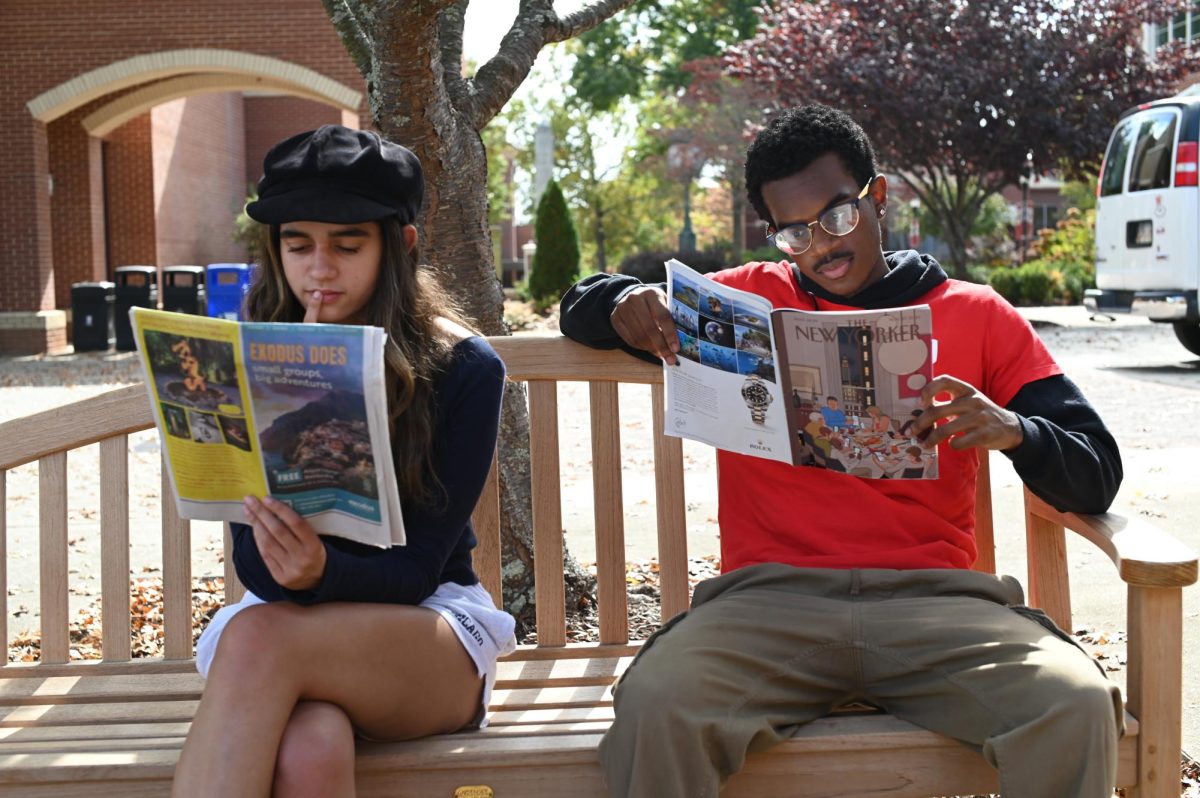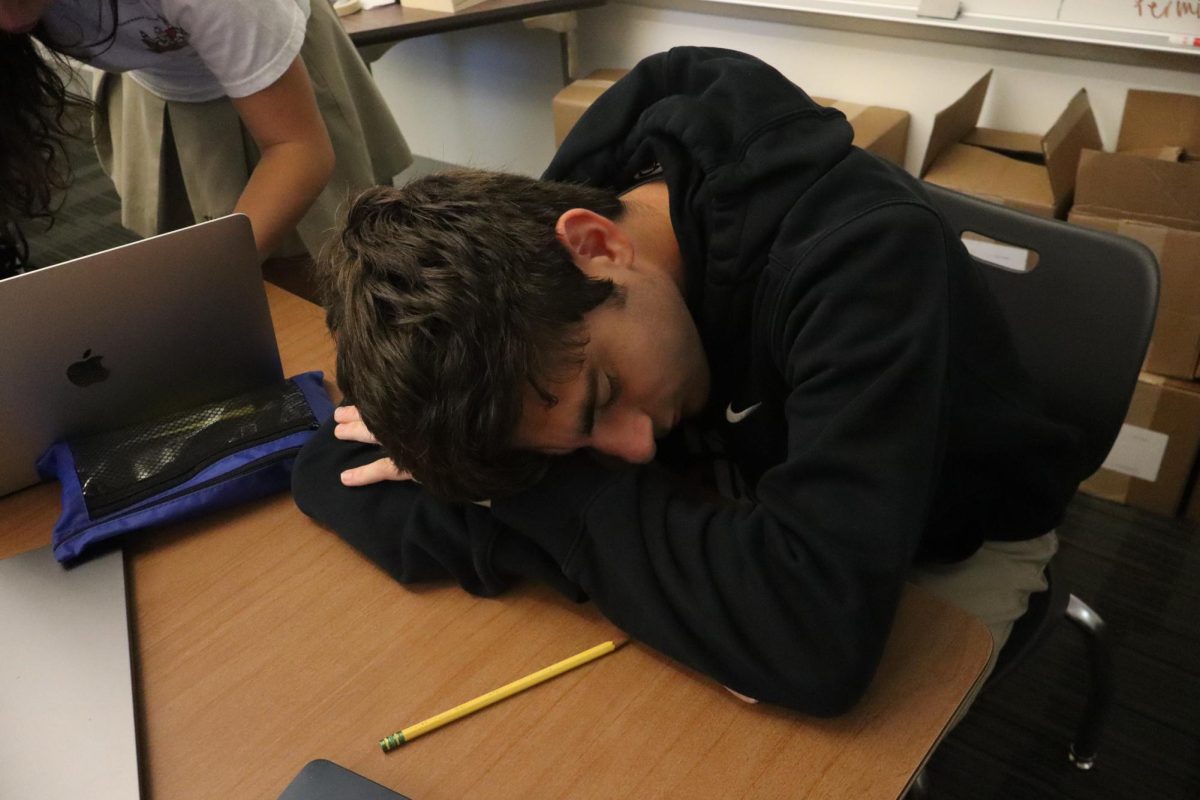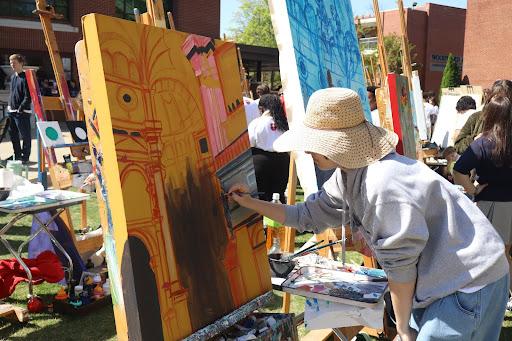By Shreya Surapaneni
These past couple of weeks, you might have noticed your phone filled with alerts, your inbox piled with emails, or even messages from your friends about Trump’s new executive orders, especially the one about Birthright Citizenship. But what is Birthright Citizenship?
Birthright Citizenship is a policy contained in an amendment to the U.S. Constitution stating that any person born in the United States automatically becomes a citizen. There is already a frenzy in regard to the mixed opinions surrounding immigration and citizenship, so the question is – would the country benefit from this executive order or not? More specifically, what does it mean to become an American citizen?
In the Era of Reconstruction, when slaves were finally freed, Congress ratified 13th (1865), 14th (1868), and 15th (1570) Amendments under Lincoln’s jurisdiction. The 13th Amendment officially abolished slavery, and the 14th–which established Birthright Citizenship–declared that anyone born in the United States is a citizen regardless of race, gender or ethnicity. Moreover, the 15th Amendment prohibited discrimination against any man trying to vote. These three Amendments would set the foundations for civil rights within this country.
Although the 14th Amendment established the guidelines for citizenship, people still tried to challenge the parameters of this amendment. For example, the Supreme Court Case United States vs. Wong Kim Ark clarified that children who are born on U.S. soil but come from immigrant parents are still considered American citizens. Today, President Trump wants to ban birthright citizenship so that he can decrease the amount of undocumented immigrants by not giving their children citizenship status. He asserts that this policy protects American jobs for those he considers Americans. By ensuring the children of illegal immigrants do not become citizens under the 14th Amendment, President Trump believes that this change should stabilize the job market, bringing America to a new wave of prosperity.
But is this the right decision to create a better America?
The extra challenge for this situation is that there are already questions being raised about the constitutionality of this executive order. To implement this policy legally, there would have to be a ⅔ majority in both houses of Congress to create a new amendment that ends Birthright Citizenship and limits or eliminates the 14th Amendment. And in fact, federal judges have already declared the current ban unconstitutional. The president, according to the Constitution, does not have the proper power to do this action. It also completely changes what it means to pursue the American Dream: a country made up of immigrants and their cultures who are striving to be successful in life and make their mark in the world. Some people who are citizens now would not be citizens without this Amendment. So, in the end, what does it mean to be an American citizen?
Students have opinions on whether Trump’s executive order is the correct path forward.
Kayce Brown ‘25 is an advocate for Birthright Citizenship but does agree that there should be certain limitations for illegal immigrants when it comes to immigration status.
“I think the fact that, you know, those who have completely altered their lives to come here and then, you know, are having to be sent back… I just don’t think that that’s necessarily the best way to go,” Kayce said. “While I am not in agreement with, like, illegal immigration or like people that are here illegally committing crimes, I think there’s a way to successfully ensure that people who don’t have their citizenship can get it.”
Other students agree with Brown and her belief that immigrants comprise a crucial part of this country. Danny Morrison explains the need for Birthright citizenship while rebutting against Trump’s rationale for banning Birthright Citizenship. He argues that taking away immigrants will not solve America’s issues with the job market or the economy.
“I think that most of the concerns and fears about immigration [are] fear-mongering and deflection from what we need to focus on,” Danny said. “We’re talking about ‘oh, immigrants are stealing our jobs.’ Okay, well, why? If you look at it, it’s because people don’t need to pay immigrants the same amount. So instead of, like, worrying about ‘oh, we’re not getting paid enough’ and that’s why immigrants are taking the jobs because they’re getting paid way less–[we’re talking about that] instead of making, I don’t know what, universal basic income.”
Grace Putnam ‘25 also agrees with Danny that immigrants are a crucial component of this country and worries that restricting their opportunities will only hinder America’s growth. She argues that the U.S. has a history full of immigrants and that eradicating Birthright Citizenship will only be disrespectful to their efforts.
“America has always been just a melting pot… and Birthright Citizenship has us open up to so many different types of people and to have so many cultures in America,” Grace said. “To take away birthright citizenship … erase[s] the ability for immigrants to make an impact on our country [and] almost feels disrespectful to the history that we have.”
Still, Grace understands the disagreement about birthright citizenship. Specifically, she narrates that the founding fathers did not initially add this amendment to the Bill of Rights in the Constitution because of slavery, which would last until the Civil War.
“The founding fathers were slave owners, and they decided not to include any mention of slavery when they created the Constitution, because they didn’t want to … deal with that issue, so they tabled it for 20 years,” Grace said.
However, some people believe that Birthright Citizenship should be eliminated from the Constitution or, at the very least, edited to include restrictive clauses. For example, Gavin Tardelli ‘28 has mixed feelings about birthright citizenship. Although he agrees that birthright citizenship is an integral part of our Constitution, he fears that some people may attempt to take advantage of this right.
“I think it’s like a mix for me because I know people come into the country and give birth so their kids can be an American citizen,” Gavin said. “Well, they’re not, but I think, if, like, they’re illegal, and their parents are illegal–they’re from, like Mexico, let’s say, and they give birth in the United States. I think that kid should be Mexican because both their parents are not U.S. citizens.”
Even though he agrees with Trump’s reasoning, Gavin still believes that implementing this executive order will just bring more harm to this country. He believes that people who pursue immigration the “right way” should be United States citizens. In addition, their kids should also be citizens.
“If you’re a tourist, and you come into America, and you want to apply for citizenship afterward, and you get that citizenship, and then you marry a US citizen, I think your kids should have citizenship,” Gavin said.
Danny Cooper ‘28 explains that if he were to choose “yes” or “no” on the topic of birthright citizenship, he would select “no” and support the Trump administration. He asserts that America is already in a state where it cannot take care of its people and that illegal immigrants using Birthright citizenship to gain access to this country will only make it worse.
“To be completely honest, I would probably ban [Birthright Citizenship],” Danny Cooper said. “Our country is really not able to support a lot of people right now…. We were already having problems with crime and all that, and inflation was high, and, like, trying to buy a house, or, like, starting to work and all that was just getting really hard for a lot of people because the unemployment rate was at, like, an all-time high, like, last year.”
Although Danny Cooper’s concern about unemployment is valid and housing struggles are very real, it is worth noting that, according to the U.S. Department of Labor and Statistics, the unemployment rate was only 4.1% in 2024. This means that unemployment was not at an all-time high relative to the country’s population. The highest unemployment rate was 14.7% in 2020 during Covid, when it was more than three times higher than last year.
In addition, Danny Cooper argues that, with Trump’s executive order in action, ordinary citizens would benefit. He believes that it will encourage more immigrants to enter the country legally and fulfill the American Dream in a more appropriate manner–like getting a job and starting a job without the stress of being an illegal immigrant.
“If they ban that [birthright citizenship], it would strive for more people to come in here and actually follow, basically, what the American Dream is: coming in the country, legally, [and] like trying to start a life, trying to buy a house, start a family and all that,” Danny Cooper said.
Overall, Birthright Citizenship–and the right approach to it–is a complex issue. However, the facts remain that it is enshrined in the Constitution as the 14th Amendment, regardless of a person’s political standpoint. The question is: should it remain there? Furthermore, America is one of the few countries that honors Birthright citizenship today. Jack Doane ‘25 argues that this characteristic makes American citizens – “Americans.”
“[The] one thing that the founding fathers were insistent on when we revolted from [England] because all these European nations [have] their blood citizenship.. and that’s not right [nor] fair,” Jack said. “America is all about freedom, and so people having the same shot, being born in the same country, having the same rights, that’s, that’s, that’s what America is to me, and that’s what I think citizenship should be.”






























